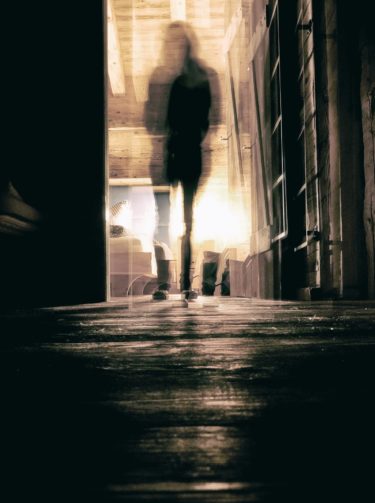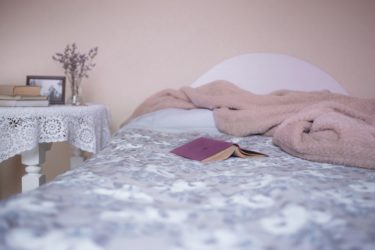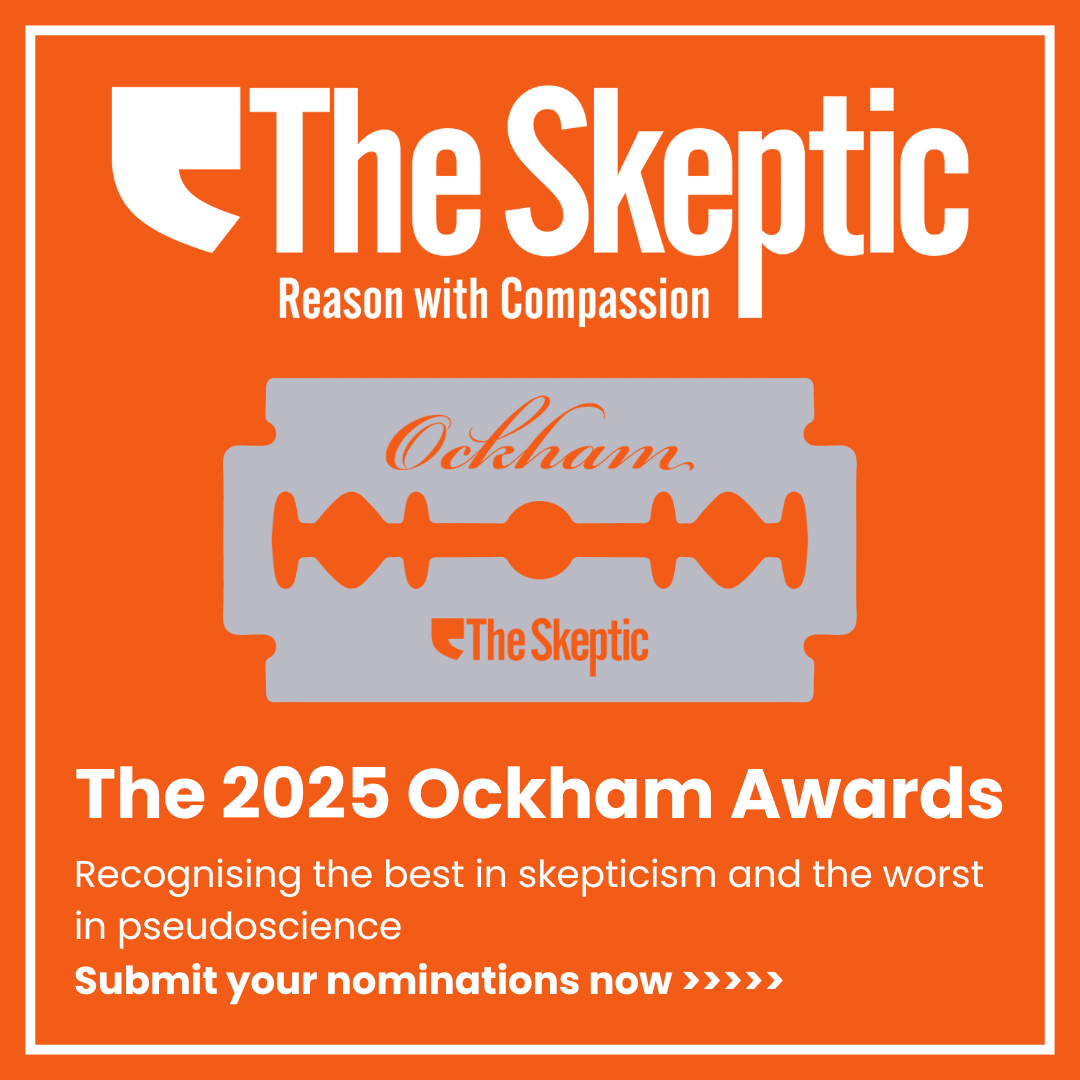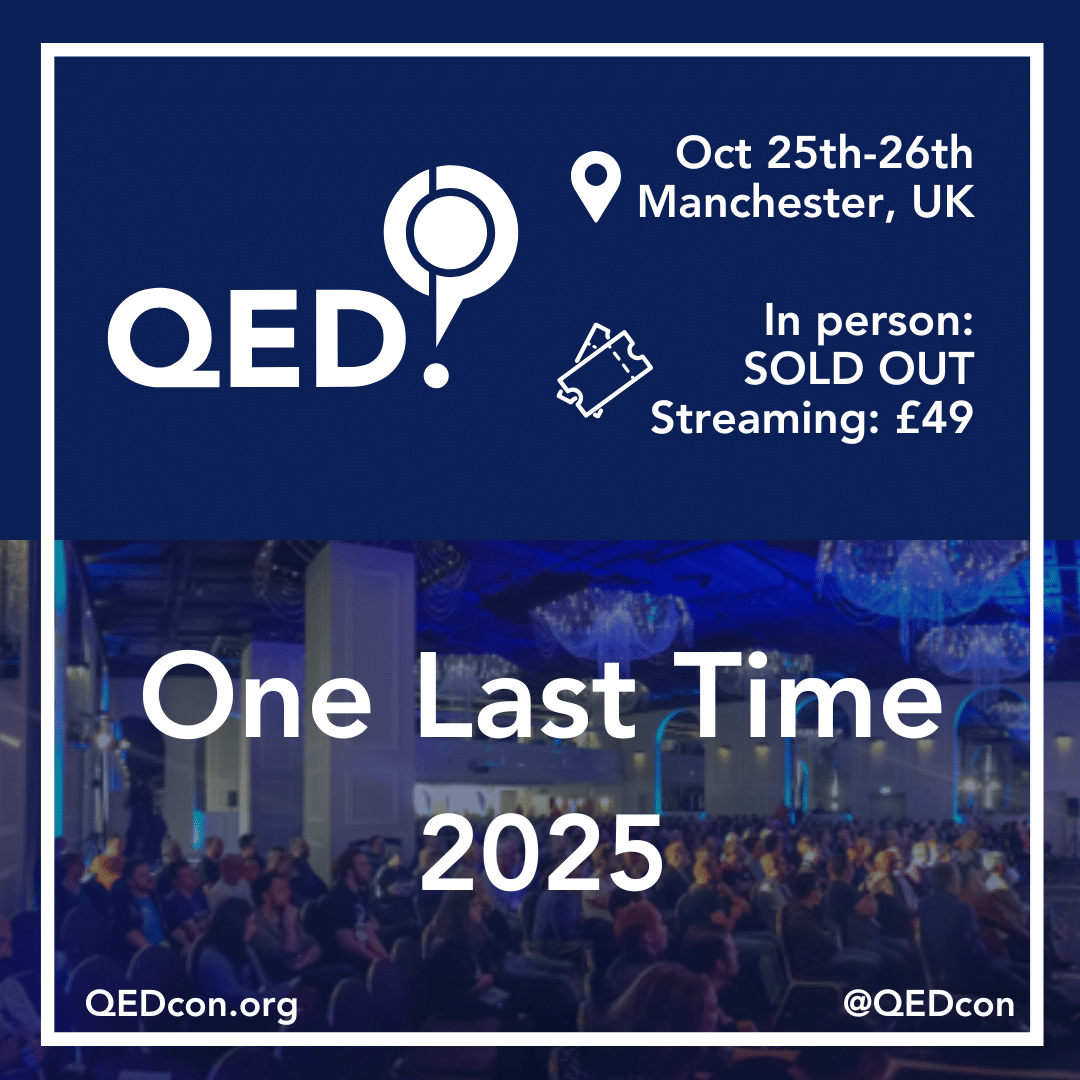October is typically a pretty busy month for me and I am sure you can guess why. There is a certain date at the end of this, the spookiest of all months, that is an irresistible temptation for media folk looking for a hook for a story. This year is no exception. One of the emails I received recently was from the producer of an American radio show planning a programme on “the increasing prevalence of people who say they believe in ghosts or have seen a ghost in recent years – including the rise during our current pandemic.”

I was intrigued. Had there really been a rise during the pandemic? There are always fluctuations in opinion poll data relating to belief in and claimed experience of paranormal phenomena of all kinds. Endorsement rates can be affected by numerous factors including the wording of questions, the topicality of the subject, popular depictions in films and TV programmes at the time, and so on. Has belief in ghosts increased in recent years? Some evidence would appear to suggest that maybe it has. A report on the Chapman University Survey of American Fears shows a gradual increase from 2016 to 2018 in the percentage of Americans agreeing or strongly agreeing that “Places can be haunted by spirits”: in 2016: 46.6%; in 2017: 52.3%; and in 2018: 57.7%. On the other hand, a more recent 2019 YouGov poll found that only 45% said that ghosts “definitely exist” or “probably exist”. At the very least, we can conclude that a large proportion of the American public appear to believe in ghosts.
When it comes to assessing how many people claim to have actually seen a ghost, again the picture is not that clear. A survey by the highly respected Pew Research Center in 2009 reported that 18% of Americans claim that they have seen or been in the presence of a ghost. To me, this is a much more believable estimate than the dubious claim in a report in The Independent in 2018 that no less than 60% of Americans say that they have seen a ghost! Given that this figure is higher than estimates of levels of belief in ghosts, there would have to be quite a lot of people around who refuse to believe in ghosts despite having seen one!
But is there any evidence that the number of ghostly encounters has actually increased specifically during the pandemic? I am not aware of any such direct evidence. An article in the New York Times in May this year reported that John E. L. Tenney, a paranormal researcher and former host of a show called Ghost Stalkers, claims that during 2019 he received between two and five reports per month of haunted houses but that this has risen to five to ten reports per week during the lockdown – suggestive, if not conclusive, evidence.
It would not surprise me if there has indeed been such an increase. Mr Tenney, who believes that the vast majority of these cases are “completely explainable”, argues (and I would agree with him) that, “It does seem to have something to do with our heightened state of anxiety, our hyper-vigilance.” He also makes the valid point that, as most of us are spending more time at home, we are more likely to notice sounds like “hearing the bricks pop and the wood expand” when the sun comes up and the house starts to warm. Those sounds were always there, maybe we just used to sleep through them.
Evidence from around the world is accumulating supporting the claim that, for many people, sleep quality has deteriorated during the pandemic, presumably as a result of both the direct stress of worrying about one’s health but also that caused by indirect effects such as worries about finances, employment, and even relationship problems caused by social isolation. Poor nocturnal sleep quality will inevitably have effects during the day including difficulties with memory and attention. So maybe it wasn’t a ghost who moved your car keys, maybe you just forgot where you put them? Sleep deprivation is also associated with an increased likelihood of hallucinatory experiences and paranoia, all of which may result in claims of being haunted.

One of the most common types of hallucinatory experience that leads people to believe that they have had a ghostly encounter is, as readers of The Skeptic will no doubt already know, sleep paralysis. Sleep paralysis is a temporary period of paralysis experienced in that twilight zone between sleep and wakefulness. It is often accompanied by a strong sense of presence, hallucinations, difficulty breathing, and intense fear. Sleep paralysis is experienced by about one in twelve people in the general population at least once in their lifetimes but the incidence is much higher (approaching 30%) in two specific sub-groups: students and psychiatric patients. Both of these sub-groups are known to have notoriously irregular sleep patterns, albeit for different reasons. One of the strongest correlates of sleep paralysis frequency is poor sleep quality and the latter is, of course, associated with stress, anxiety, and depression – levels of which have all increased dramatically during the pandemic.
So, as if we didn’t have enough to worry about with Trump, Brexit, and the pandemic, it looks like we are probably also experiencing an outbreak of increased ghostly activity. Who you gonna call?





